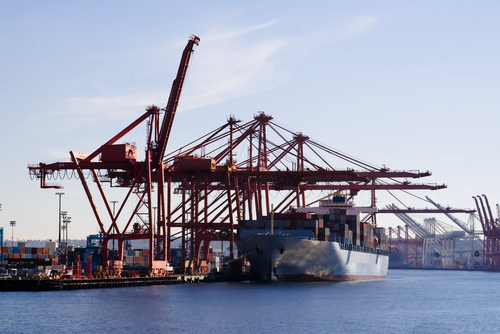Two leading construction and industrial firms from India and China have this week signed a Memorandum of Understanding (MoU) for the development of a $300 million manufacturing unit at a port in India’s Gujarat state.
The project will be located at the Mundra special economic zone (which is owned by Adani) and, while the fab will not be exclusively built for solar manufacturing, PV power generation equipment will be produced at the site, alongside chemicals, aluminium and animal feed, the Indian Consulate in Shanghai has confirmed.
China’s East Hope Group views the unit as a key logistical link in its industrial integration chain, as more and more Chinese firms eye manufacturing opportunities in India.
Popular content
India’s solar industry is heavily reliant on imported solar components from China, so much so that a petition to introduce anti-dumping (AD) tariffs on Chinese, Taiwanese and Malaysian-produced solar products has been lodged with the Ministry of New and Renewable Energy (MNRE).
Whether such a tariff is introduced or not, direct Chinese involvement in the Indian solar manufacturing industry was always expected to expand as local market demand for PV grew.
This content is protected by copyright and may not be reused. If you want to cooperate with us and would like to reuse some of our content, please contact: editors@pv-magazine.com.


3 comments
By submitting this form you agree to pv magazine using your data for the purposes of publishing your comment.
Your personal data will only be disclosed or otherwise transmitted to third parties for the purposes of spam filtering or if this is necessary for technical maintenance of the website. Any other transfer to third parties will not take place unless this is justified on the basis of applicable data protection regulations or if pv magazine is legally obliged to do so.
You may revoke this consent at any time with effect for the future, in which case your personal data will be deleted immediately. Otherwise, your data will be deleted if pv magazine has processed your request or the purpose of data storage is fulfilled.
Further information on data privacy can be found in our Data Protection Policy.